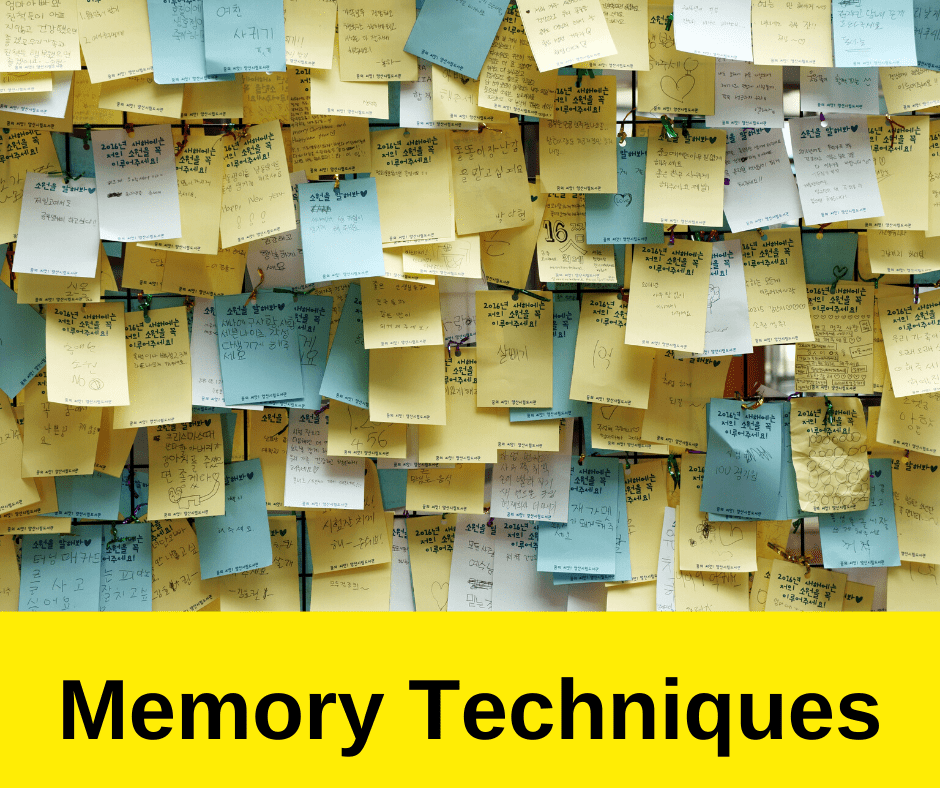
Learning a language can be difficult if you have a bad memory. We’ll give you some advice on how to improve yours.
Voice message from Mimi from Mexico
XI love hear themX – I love listening to them (the podcasts)
XI haven’t able to speakX – I haven’t BEEN able to speak
XThey learn English just to hear itX – they learn English by hearing it
What do we think about people who don’t learn grammar?
Children learn their mother tongue without studying grammar.
Adults can live in a country for many years, hear a second language every day, but never learn it.
It depends on the age of the learner. Younger brains are more elastic and can assimilate more new information, including grammar, better than older brains with less effort.
This is how children learn their native language perfectly without studying. Older adult beginners need to study to perfect the grammar (and vocabulary) in order to assimilate it well.
ITALKI https://go.italki.com/aprenderingles
“Get $10 USD in italki Credits with your first purchase”
Voice message from Karina from Cadiz
This is the first time XI addressX you (a bit formal – ‘This is the first time I’ve reached out/got in touch/contacted you’)
Pronunciation of ‘podcast’ (- not ‘postcard’)
Good use of the phrasal verb ‘to go over’ notes
memorizing what I learn
Memory, to memorize
The more I age, the more difficult it is to memorize things / the worse my memory is.
Memory Techniques
Disclaimer: we are not doctors! This advice is generally agreed to be true.
Stimulate your brain with neuroplasticity (learn an instrument, play chess, dance the tango, study a language, take up a new hobby)
Stay/get physically fit. It increases oxygen to the brain and opens neuropathways. Exercises and sports that need good hand-eye coordination are especially good for you.
Sleep well (between 7 and a half and 9 hours). Track your sleep with a smartwatch.
Eat well and keep to a healthy diet. Don’t drink too much alcohol!
Create an environment that helps you focus (no distracting noise or social media).
Use a variety of your senses (write in colour. Rewrite several times. Read out loud or record audio/video). e.g. Try to associate the smell, taste, feel, sight and maybe even the sound of eating fish and chips with the dish, and not only the words ‘fish and chips’. Your brain can memorise all sensorial aspects and associate them, not just visual and audio.
Try to connect new vocabulary, grammar, spelling, pronunciation etc, to what you already know.
Use mnemonics – also useful for your native language. E.g. To remember a list of things and in the correct order, like the colours of the rainbow, use the first letter of each word but change the words to make a sentence: Richard Of York Gave Battle In Vain = Red, Orange, Yellow, Green, Blue, Indigo, Violet.
Use visual mnemonics (Eg. bare/bear – bare=naked – If you can’t bear to be naked, imagine a naked bear.
Use a ‘memory palace’ to learn vocabulary.
Vary your studying techniques, but be aware of the best way you remember things (language textbooks, podcasts, video, apps, fiction books, study groups, formal language courses, 1 to 1 private teacher etc.)
…and now it’s your turn to practise your English.
Send us a voice message. https://www.speakpipe.com/inglespodcast
Send us an email with a comment or question to [email protected] or [email protected].
Visit our online store: https://store.mansioningles.net/
Thank you to all of you who are helping us by supporting this podcast. You can see a list of all our Patreon supporters at Patreon.com/inglespodcast
Welcome to our new Patreon supporters who have joined us this month:
Erix Medina
Rafael Vega
Eduardo Fernandez Sierra
Martin Forgenie
Amparo Soto
Álvaro Vásquez
Beatriz Martín
Join our Patreon program for as little as $1 per month and you get instant access to recent transcriptions. https://www.patreon.com/inglespodcast
On next week’s episode: Reza’s Story
The music in this podcast is by Pitx. The track is called ‘See You Later’




Hello Craig and Reza,
hasn’t anyone dropped a comment until now? Unbelievable! It has been once
more a splendid podcast episode with a dozens of valuable methods in it.
I’m sorry to say there is a virus in this episode as well, namely:
the naked bear virus :-D. Whenever I see the word bare now, a naked bear
pops up in my mind. However, I don’t mind it. Memory palace has made me
curious for more and I will give it an attempt.
I’m always astonished how well-educated you both are. In my humble
opinion, Reza is a jack-of-all-trades and he has a tremendous good
educational background.
Thumbs up and kind regards,
Alex
Thank you, Alexander! Here’s some more information on how to use a memory palace: https://www.youtube.com/watch?v=3vlpQHJ09do
Hi Alexander.
Thanks a lot for listening and your comments! You may be right that I’m a “jack-of-all-trades”, but, sadly I’m also “master of none”!
😉